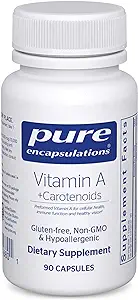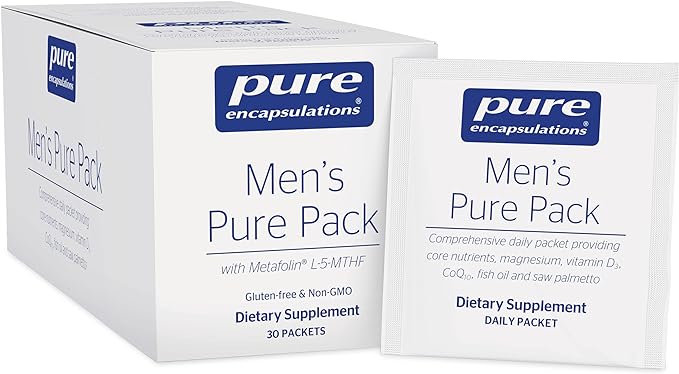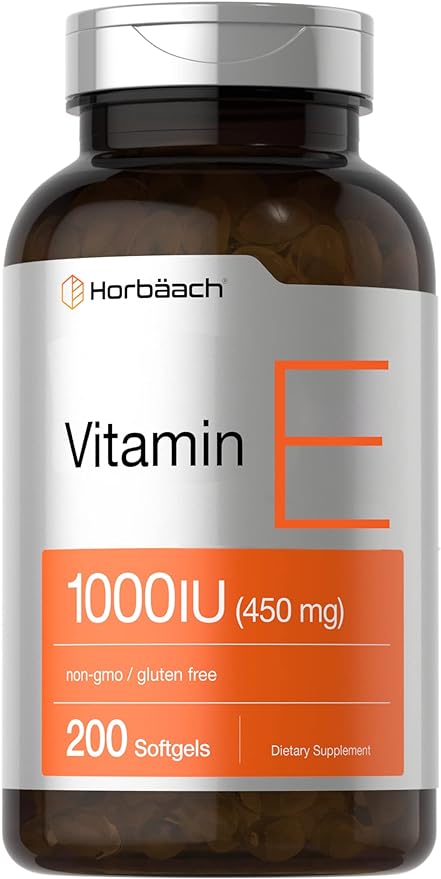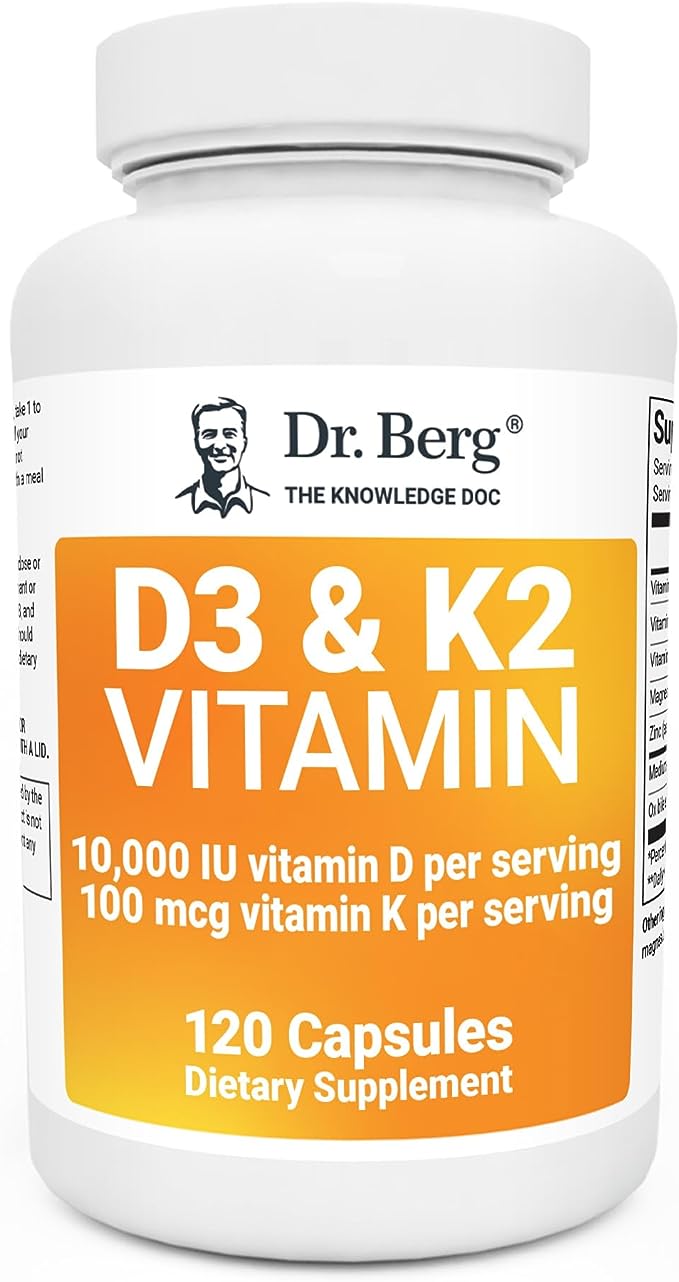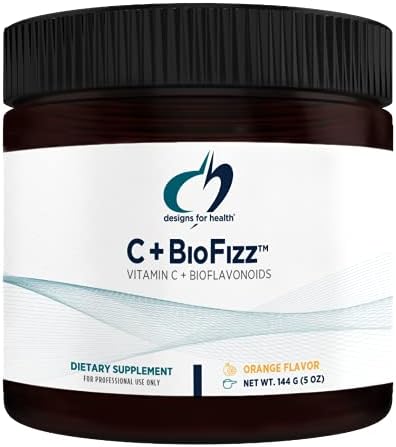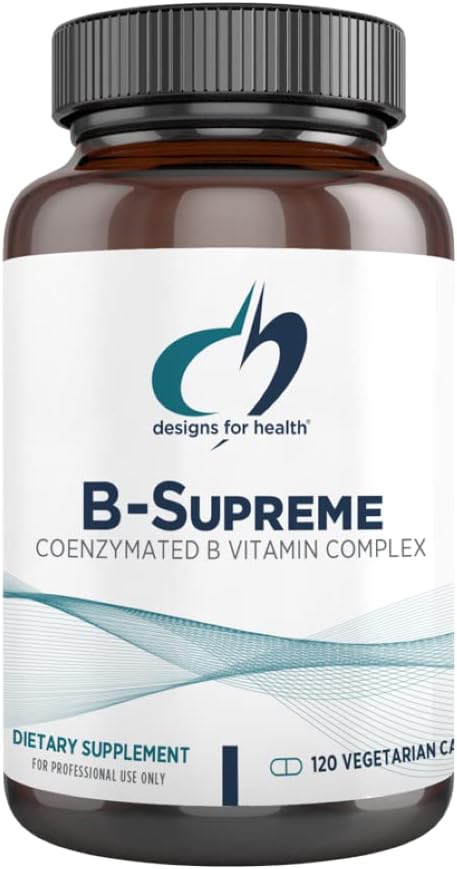Introduction Of Vitamins
Vitamins are organic compounds that our bodies require in small quantities to sustain life and health.They are essential nutrients because they perform hundreds of roles in the body, from bolstering the immune system to aiding in the production of energy from food.
Vitamins are classed into two main categories: fat-soluble and water-soluble vitamins.
Fat-soluble vitamins, including vitamins A, D, E, and K, are stored in the body’s fatty tissue and liver, and are used as needed.
On the other hand, water-soluble vitamins, which include the B-complex group and vitamin C, need to be replenished daily as they cannot be stored in the body.
Fat Soluble Vitamins
- Vitamin A (Retinol): It supports vision, immune function, and cell growth. It can be found in foods like carrots, sweet potatoes, and spinach.
- Vitamin D (Calciferol): It aids in calcium absorption, promoting bone health. It can be synthesized in the body under sunlight and also found in foods like fatty fish, cheese, and egg yolks.
- Vitamin E (Tocopherol): Known for its antioxidant properties, Vitamin E protects cells from damage. It’s present in foods like nuts, seeds, and green leafy vegetables.
- Vitamin K (Phylloquinone): It plays a crucial role in blood coagulation. Good sources include leafy green vegetables, broccoli, and Brussels sprouts.
How Vitamin A (Retinol) aid in Vision improvement?
Vitamin A (Retinol) plays a pivotal role in maintaining good vision. It helps form and maintain healthy teeth, skeletal and soft tissues, mucous membranes, and skin.
More specifically, it’s critical for night vision as it sustains the cells in the eyes that adjust to light changes. When converted into the retinal (retinaldehyde) form,
Vitamin A is involved in the conversion of light into nerve signals in the retina. A deficiency in Vitamin A can lead to a condition called night blindness, where the eyes struggle to adapt to dim light.
Therefore, ensuring adequate intake of Vitamin A is crucial for maintaining good eye health and overall vision.
Vitamin A (Retinol) plays a crucial role in vision by maintaining a clear cornea, which is the outside covering of your eye.
It is also a component of rhodopsin, a protein in your eyes that allows you to see in low light conditions. Vitamin A deficiency can lead to xerophthalmia, a severe eye condition that can result in blindness.
Thus, adequate intake of Vitamin A is vital for good vision.

What is the recommended quantity of Vitamin A
The recommended dietary allowance (RDA) for Vitamin A varies based on age, sex, and life stage. For adult men, the RDA is 900 micrograms (mcg) of retinol activity equivalents (RAE) per day. For adult women, it’s 700 mcg RAE per day. Pregnant women and breastfeeding mothers may require higher amounts, and children’s needs vary based on age. However, it’s important to note that consuming too much preformed Vitamin A can lead to toxicity.
It’s crucial to adhere to recommended intake levels. Always consult with a healthcare provider or a registered dietitian for personalized advice.
Vitamin D (Calciferol) Effect On Bone Health
Vitamin D (Calciferol) plays an integral role in bone health. It aids in the absorption of calcium and phosphorous, two minerals essential for bone formation, strength and repair.
Vitamin D ensures that the blood maintains sufficient levels of these minerals for various body functions. Without adequate vitamin D, bones can become thin, brittle, or misshapen.
A deficiency in this vitamin can lead to rickets in children—a condition defined by soft and weak bones. In adults, vitamin D deficiency can lead to osteomalacia and osteoporosis, conditions resulting in bone pain and an increased risk of fractures. Therefore, maintaining adequate levels of vitamin D is critical for healthy bones.
Remmended dose of Vitamin D?
The recommended dietary allowance (RDA) for Vitamin D varies based on age and life stages. For most adults aged 18-70, the RDA is 600 International Units (IU) per day.
For adults over the age of 70, the RDA increases to 800 IU per day. It’s important to note that excessive consumption of Vitamin D can cause toxicity leading to hypercalcemia – a condition characterized by high levels of calcium in the blood.
Always consult a healthcare provider or a registered dietitian for the right dosage.
Antioxidant Properties of Vitamin E (Tocopherol)
Vitamin E (Tocopherol) possesses potent antioxidant properties that are instrumental in protecting the body’s cells from damage. It neutralizes harmful free radicals, which are unstable molecules that can damage cells and contribute to chronic diseases like heart disease and cancer.
Free radicals occur naturally in the body but can increase due to environmental factors like pollution and radiation. The antioxidant activity of Vitamin E helps maintain healthy cells and tissues by preventing the harmful oxidant reaction of these free radicals.
Vitamin E (Tocopherol) is renowned for its antioxidant properties. As an antioxidant, it aids in protecting the body’s cells from damage caused by free radicals, which are harmful compounds that can lead to oxidative stress – a precursor to several chronic diseases. This vitamin plays a pivotal role in neutralizing these free radicals, thereby preventing the damage they can inflict on body tissues and cells.
It also has an essential role in immune function, DNA repair, and other metabolic processes. Evidence suggests that Vitamin E, due to its antioxidant properties, may help in preventing or slowing the development of diseases such as cancer, heart disease, and age-related macular degeneration.
Thus, the intake of Vitamin E is crucial for maintaining overall health.
The Recommended Dose Of Vitamin E(tocopherol)
The recommended dietary allowance (RDA) for Vitamin E (Tocopherol) varies based on age and life stages.
For adults, the RDA is 15 milligrams (mg) per day. For children, the RDA ranges from 4 mg/day for infants to 11 mg/day for children aged 9-13.
Teens aged 14-18 require 15 mg/day. It’s important to note that high doses of
Vitamin E can lead to toxicity and cause various symptoms, including nausea, diarrhea, stomach cramps, and weakness.
Always consult with a healthcare provider or a registered dietitian before making changes to your diet or supplement regimen.
Vitamin K (Phylloquinone) How It Affects The Human Blood Properties
Vitamin K (Phylloquinone) plays a pivotal role in blood coagulation, a process vital for preventing excessive bleeding both inside and outside the body.
Vitamin K enables the synthesis of several proteins required for blood clotting, including prothrombin and factors VII, IX, and X.
A deficiency in this vitamin can lead to bleeding disorders, as the blood loses its capacity to clot effectively.
Vitamin K is instrumental in several physiological processes, but its most well-known role is in the process of blood clotting (coagulation).
This vitamin is essential for the biosynthesis of several proteins that promote clotting, such as prothrombin and factors VII, IX, and X.
When the body experiences a wound or any bleeding, these proteins initiate a chain of events that allow the blood to clot and prevent excessive bleeding. But the role of Vitamin K extends beyond coagulation.
It is also involved in maintaining bone health. Some evidence suggests that Vitamin K aids in the production of osteocalcin, a protein that strengthens the composition of our bones.
Furthermore, Vitamin K may play roles in heart health, with research suggesting its involvement in preventing the calcification (hardening) of arteries. Vitamin K is an essential nutrient with diverse roles in human health.
Hence, maintaining adequate Vitamin K levels is crucial for optimal blood health.
Water Soluble Vitamins
Water soluble vitamins include:
- Vitamin C (Ascorbic Acid): This vitamin is known for its antioxidant properties and a role in boosting the immune system. Common sources include citrus fruits, strawberries, bell peppers, and broccoli.
- Vitamin B1 (Thiamine): It aids in the conversion of nutrients into energy. It’s found in foods like whole grains, meat, and fish.
- Vitamin B2 (Riboflavin): Essential for energy production and cellular function, it is found in eggs, organ meats, lean meats, and green vegetables.
- Vitamin B3 (Niacin): This helps in maintaining healthy skin, nerves, and digestion. Good sources include meat, fish, poultry, and whole grains.
- Vitamin B5 (Pantothenic Acid): It is involved in the metabolism of fats, proteins, and carbohydrates. It’s widely distributed in foods, but good sources include chicken, beef, potatoes, and whole grains.
- Vitamin B6 (Pyridoxine): It aids in protein metabolism and red blood cell formation. It can be found in most foods, but the best sources are meat, fish, and poultry.
- Vitamin B7 (Biotin): Essential for carbohydrate and fat metabolism and is widely available in foods.
- Vitamin B9 (Folic Acid): It is critical for proper brain function and plays an important role in mental and emotional health. It is found in dark green leafy vegetables, fruit juices, avocados, and legumes.
- Vitamin B12 (Cobalamin): It is necessary for red blood cell formation and neurological function. It is found primarily in animal-derived foods, like meat and dairy products.
Aid In The Production Of Energy From Food.
Vitamins are integral to the process of energy production from food in the body. Vitamin B1 (Thiamine), Vitamin B2 (Riboflavin), Vitamin B3 (Niacin), and Vitamin B5 (Pantothenic Acid) are crucial in the metabolism of carbohydrates, fats, and proteins, which are the body’s primary sources of energy.
They are involved in various chemical reactions that convert these macronutrients into usable energy.
Vitamin B6 (Pyridoxine) aids in the metabolism of protein, which is beneficial during periods of extended physical activity when the body begins to employ protein as a source of energy.
Vitamin B7 (Biotin) and Vitamin B12 (Cobalamin) also play a role in the metabolism of macronutrients, contributing to energy production.
Therefore, an adequate intake of these vitamins is necessary to maintain energy levels and overall metabolic health.
Affects On The Immune System Of Humans
Vitamins play a critical role in the functioning and bolstering of the human immune system. They help safeguard the body against harmful pathogens, thus reducing the risk of illnesses.
Vitamin A strengthens the body’s natural barriers, such as the skin and mucous membranes, against infections.
Vitamin C and Vitamin E act as powerful antioxidants, protecting important cells, like those of the immune system, from damage caused by free radicals.
Vitamin D modulates the immune responses, reducing the risk of infections and autoimmune diseases.
The B vitamins, particularly B6, B9, and B12, are vital for supporting the body’s biochemical reactions in the immune system. They aid in the production and function of immune cells and the synthesis of DNA. A well-rounded vitamin intake, therefore, is key to maintaining a robust immune system and overall health.

